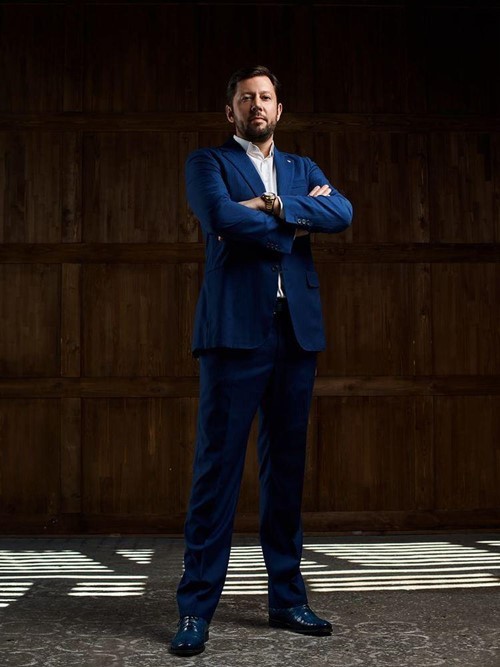Nikolay Shkilev, PhD: "The world is moving towards digitalization"

In 2020 and 2021, the world went crazy and started to move into digital assets, DeFi (decentralized finance), NFT (non-fungible tokens), Blockchain, etc. The growth of this industry exceeded 300% in 2020 alone and continues to grow. We will look into the reasons behind this phenomenon with one of the world's leading blockchain experts and founder of the Private Business Club, Nikolay Shkilev, PhD:
Nikolay, why is it that literally everyone is getting into this industry right now and even Elon Musk has started writing about it on a regular basis?
There are many objective reasons for this:
- The coronavirus pandemic caused the collapse of traditional businesses in many countries, and people began to look for sources of alternative income.
- The US government printed more money in 2020 than it had in 200 years and at the beginning of 2021 they printed $1.9 trillion dollars of unsecured money again, despite the huge foreign debt. A decent chunk of this money as well as the previous ones went into digital assets.
- Major traditional investors began to actively invest some of their investments in Bitcoin, recognizing it as digital gold. This gave a powerful boost to the entire industry.
- Many countries have limited access to financial instruments, high inflation, high interest rates on loans, sanctions, government barriers, etc. For a huge number of people digital assets are a real way out of a difficult situation.
- Many people liked the idea of complete decentralization, that is, without dependence on any regulators, without intermediaries, without censorship and without total control.
- A huge financial bubble has formed in the stock market and many large investors have decided to diversify their investments.
- Of course, Elon Musk and TheWallStreetBets have also moved the market significantly and found millions of followers.
And these points I could go on and on, not to mention the technology itself.
How many of your friends and Private Business Club residents have bought digital assets?
I would be lying if I said everyone. But believe me, in 2019, at most 10% of my acquaintances had any digital assets, and now at least 70% have acquired some digital asset.
Well, if everything is clear with Bitcoin, then how many bought ZELWIN (ZLW) tokens of your marketplace?
I'll be honest with you, almost everyone I know, because they believed in me from the beginning.
Have they been able to earn anything yet?
Yes, in 2020 alone, all the early investors earned 450% returns, but we're just at the beginning of the journey.
Wow. How did you manage it and how can other projects repeat your path and not make fatal mistakes?
We did our project entirely with our own money and came out with a completely finished product. We did not look for money on the side. And managed to be placed on five exchanges almost immediately. The product was clear to everyone, and it is described literally in one sentence. Zelwin.com - crypto-friendly Global Marketplace of Goods. And then the principle of supply/demand worked.
For new projects and creators, I want to give some valuable and free advice:
- Do not try to sell the project at the start. You will lose control of the company and get pennies.
- Do not make large discounts on pre-sales. Do not make large airdrops (distribution of tokens). Later it will kill you and your digital assets on exchanges and you will destroy the project at the start. This is why 95% of blockchain projects fail.
- Enter the market with a finished product. Just an idea can no longer be of interest to many people.
Thank you, Nikolay, it's really very valuable information! And lastly, tell me where should beginners look and what should they pay attention to in the first place?
Before you invest anything, remember the simple rules:
- Never spend your last bit of money.
- Do not put your eggs in one basket, i.e. do not invest in one asset.
- Carefully study the project team and their background.
- Oversee the marketing of the project and placing the project on the exchanges. If not, I would not invest there.
Subscribe to Latin Post!
Sign up for our free newsletter for the Latest coverage!
















